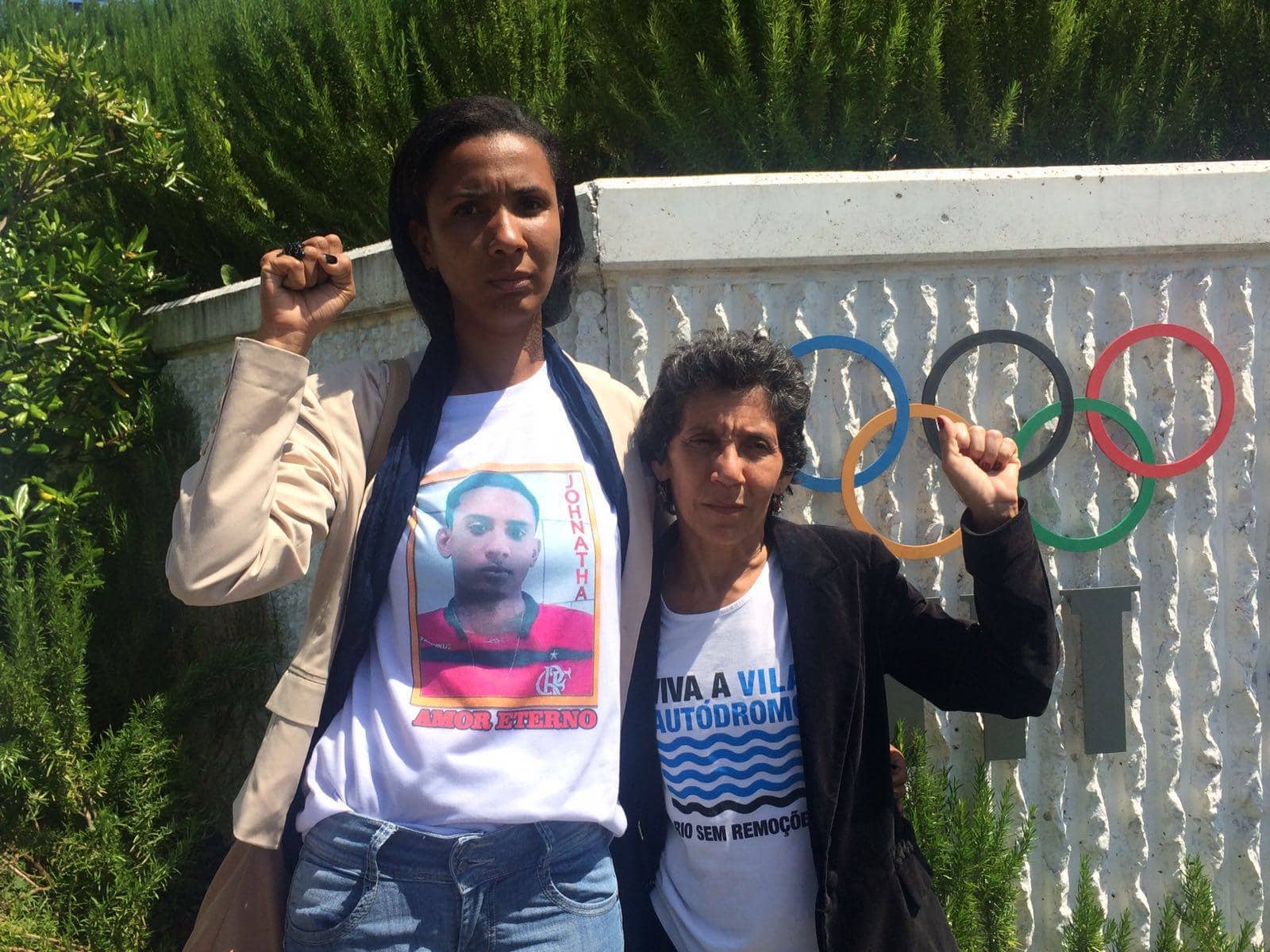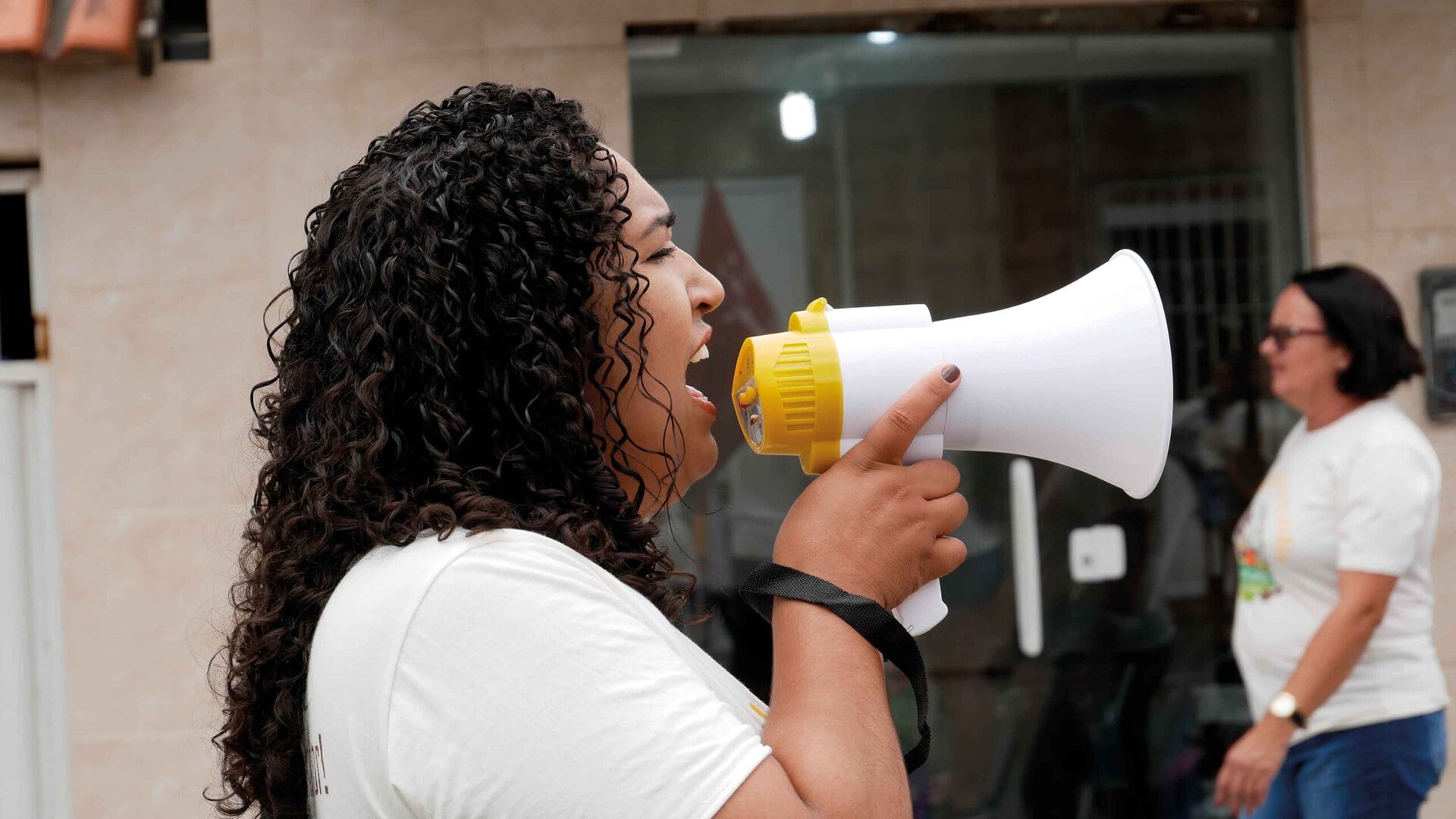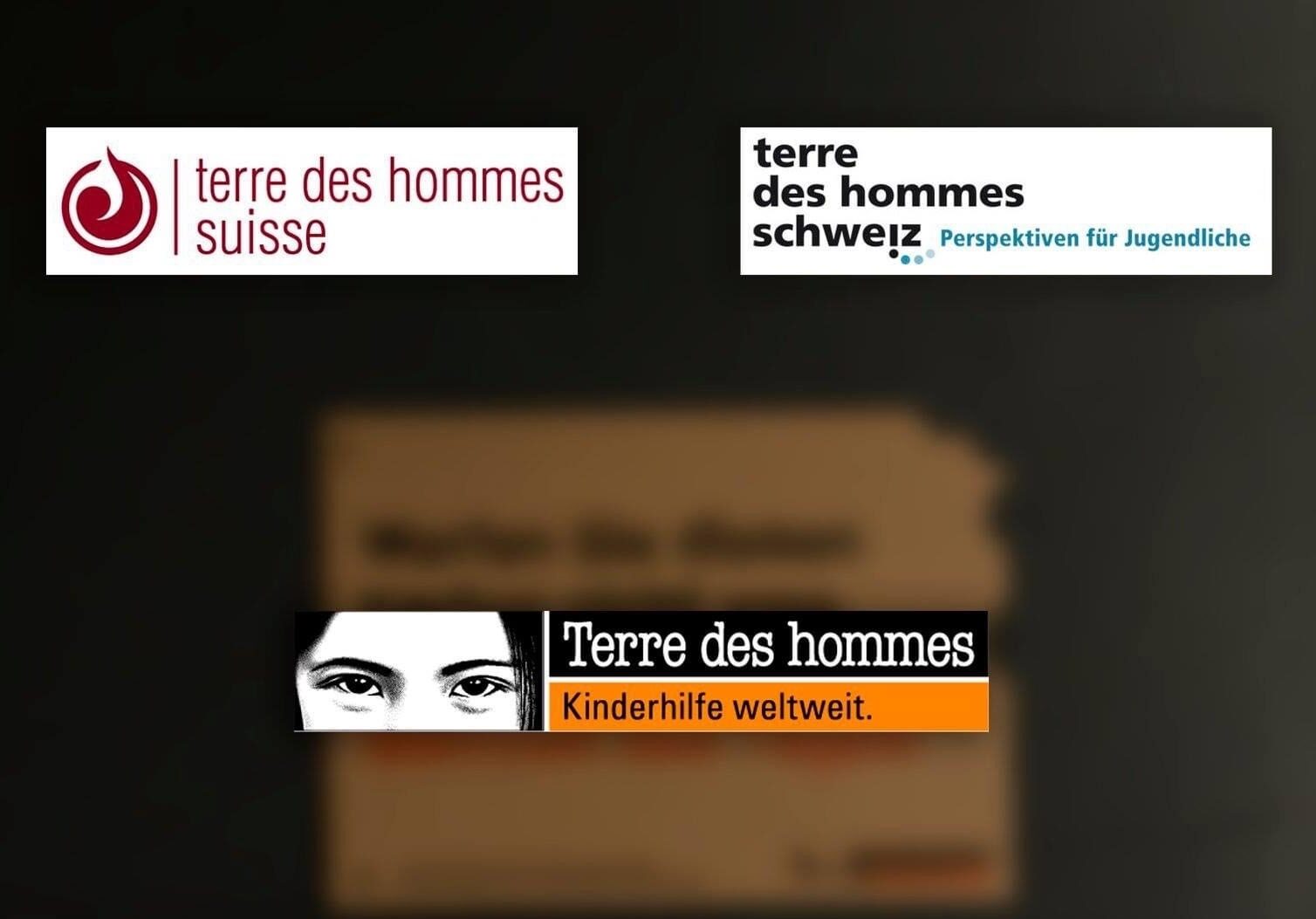Apart from the medal celebrations, the media coverage of the 2016 Olympic Games in Rio had little positive to offer. A week after the end of the Games, when the dust has settled a little, it is the right time to reflect on the outcome. And it’s not all bitter lessons. There is also reason for hope.
Much has been reported in the last few days on the review of the Olympic Games in Rio. The summaries have been very critical across the board. The Games were overshadowed by doping and allegations of corruption. Tens of thousands were displaced and resettled – while the International Olympic Committee (IOC), sponsors and construction companies once again made record profits. During the competition weeks alone, 34 people were murdered in Rio, eight of whom were shot dead by police officers, while six security officers lost their lives during operations. Peaceful games look different.
The light in the darkness
From our point of view, there is an important legacy. The global public witnessed unbroken local resistance to the powerful interests of major sporting events. Like the famous Gallic village, the Vila Autodromo and grassroots organizations in Rio fought back not against the Romans but against the IOC and the Rio city administration. They were unable to prevent the eviction of their settlement. But rarely have protests against forced evictions in Brazil received so much international attention. Our Children Win campaign enabled representatives of the neighborhood organizations to bring the human rights violations in connection with the Olympic Games before the UN Human Rights Council in Geneva and the IOC in Lausanne. The Children Win press conference in Rio received a broad response.
Rio is through. And now?
Together with the Sports and Rights Alliance (an alliance between Terre des Hommes, Amnesty International, Football Supporters Europe, Human Rights Watch, the International Trade Union Confederation, Transparency International Germany and UNI Global Union), concrete recommendations were presented to the IOC.
Essentially, the aim is to include binding human rights standards in the contracts with the host cities. The dialog with the IOC on this has intensified in recent months. Working meetings with the IOC are planned for the near future. The door is open to learning from the mistakes made in Rio and achieving real improvements in the Olympic Committee’s approach.



